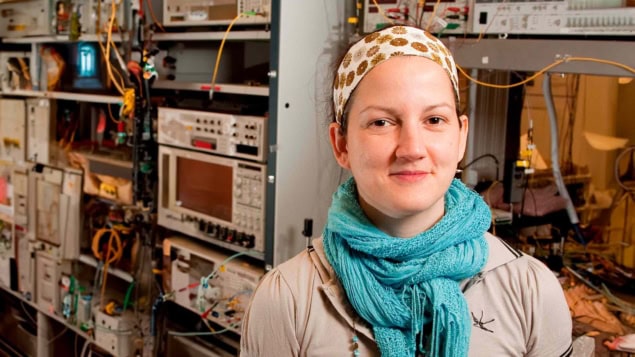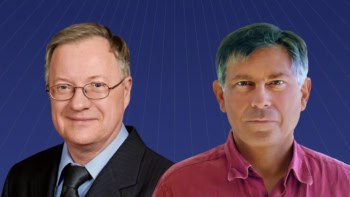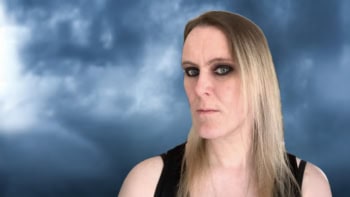Fatima Gunning is a physicist at the Tyndall National Institute, a research flagship of University College Cork (UCC), Ireland, where she is also head of graduate studies, and education and public engagement (EPE). Gunning is also a principal investigator at IPIC, the Research Ireland Centre for photonics and a fellow in the schools of physics and engineering and architecture at UCC.

What skills do you use every day in your job?
I am fortunate to have several different roles, and problem-solving is a skill I use in each. As physicists, we’re constantly solving problems in different ways, and, as researchers, we are always trying to question the unknown. To understand the physical world more, we need to be curious and willing to reformulate our questions when they are challenged.
Researchers need to keep asking ‘Why?’ Trying to understand a problem or challenge – listening and considering other views – is essential.
In everyday work such as administration, research, teaching and mentoring, I also find that thinking outside the box is a winner when it comes to problem solving. I try not to just go along with whatever the team or the group is thinking. Instead, I try to consider different points of view. Researchers need to keep asking ‘Why?’ Trying to understand a problem or challenge – listening and considering other views – is essential.
Another critical skill I use is communication. In my work, I need to be able to listen, speak and write a lot. It could be to convey why our research is important and why it should be funded. It could be to craft new policies, mediate conflict or share research findings clearly with colleagues, students, managers and members of the public. So communication is definitely key.
What do you like best and least about your job?
I graduated about 30 years ago and, during that time, the things I like best or least have never stayed the same. At the moment, the best part of my job is working with research students – not just at master’s and PhD level, but final-year undergraduates who might be getting hands-on experience in a lab for the first time. There’s great satisfaction and a sense of “job well done” whenever I demonstrate a concept they’ve known for several years but have never “seen” in action. When they shout “Ah, I get it!”, it’s a great feeling. It’s also really rewarding to receive similar reactions from my education and public engagement work, such as when I visit primary and secondary schools.
At the moment, my least favourite part of my job is the lack of time. I’m not very good at time management, and I find it hard to say “no” to people in need, especially if I know how to help them. It’s difficult to juggle work, mentoring, volunteering activities and home life. During the COVID-19 pandemic, I realized that taking time off to pursue a hobby is vital – not only for my wellbeing but also to give me clarity in decision making.
What do you know today that you wish you knew when you were starting out in your career?
I wish I had realized the important of mentorship sooner. Throughout my career, I’ve had people who’ve supported me along the way. It might just have been a brief conversation in the corridor, help with a grant application or a serendipitous chat at a conference, although at other times it might have been through in-depth discussion of my work. I only started to regard the help as “mentorship” when I did a leadership course that included mentor/mentee training. Looking back, those encounters really boosted my confidence and helped me make rational choices.
There are so many opportunities to meet people in your field and people are always happy to share their experiences
Once you realize what mentors can do, you can plan to speak to people strategically. These conversations can help you make decisions and introduce you to new contacts. They can also help you understand what career paths are available – it’s okay to take your time to explore career options or even to change direction. Students and young professionals should also engage with professional societies, such as the Institute of Physics. There are so many opportunities to meet people in your field and people are always happy to share their experiences. We need to come out of our “shy” shells and talk to people, no matter how senior and famous they are. That’s certainly the message I’d have given myself 30 years ago.



